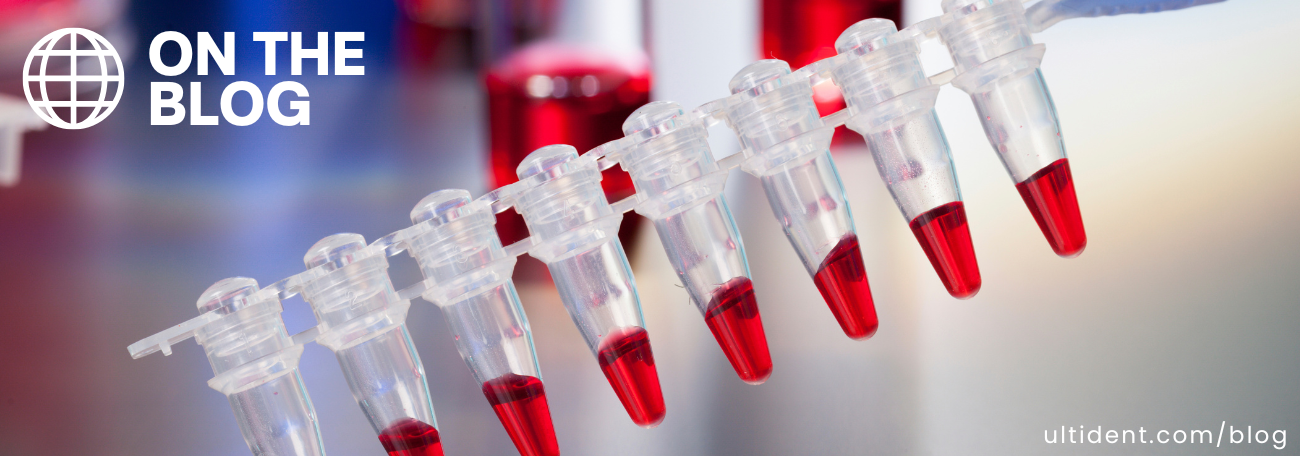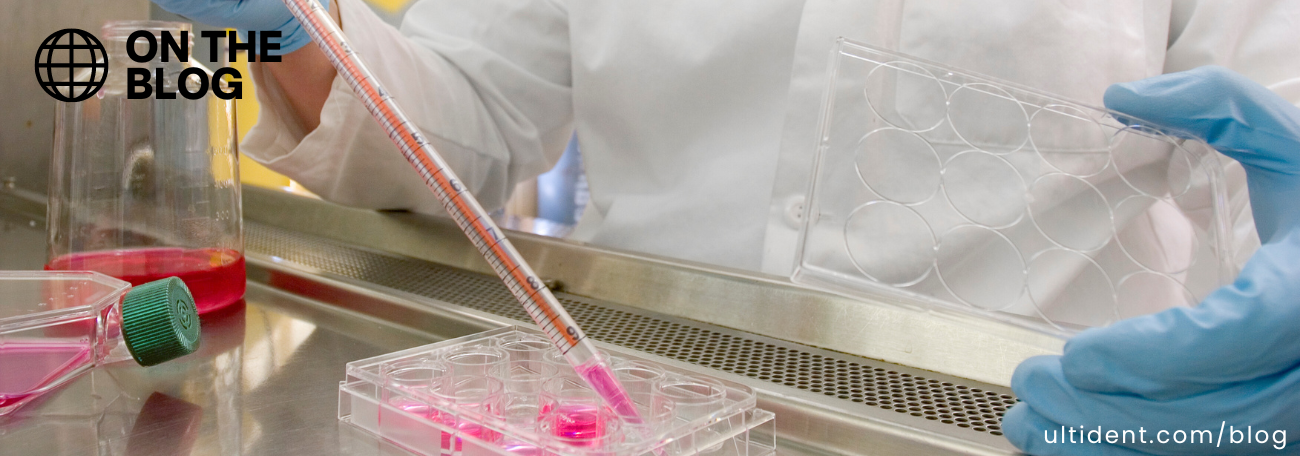How To: Select a PCR Plate for Your Thermal Cycler


How To: Select a PCR Plate for Your Thermal Cycler
PCR technology is one of the most prevalent yet powerful molecular biological tools at our disposal. Despite our familiarity with the technology, selecting the right consumables for PCR analysis can remain a challenge. We are going to break down the different attributes to help you identify the best PCR/qPCR plastics for optimal performance.
While we provide some selection tips in this article, it’s important to remember that the plate you select ultimately needs to be compatible with your thermal cycler or sequencer. Compatibility with your equipment is the most important consideration when selecting a plate.
1- Size
Well Count: PCR plates are available in a range of formats, at Ultident, we sell plates with 24, 48, 96 and 384 wells, however 96 and 384-well plates are the most used in Canada. We also carry perforated plates that can be easily divisible into strips of 8. Regardless of the number of reactions required for your experiment, you can find a tailored solution.
Volume: The volume refers to the volume capacity of a single well. Well capacity can range from 0.025ml to 0.5ml although the most common volume size is 0.1ml or 0.2ml. Ideally, you should choose a plate that is not only compatible with your existing equipment, but that will also limit the amount of air space above your sample. Air space (or dead space) can cause samples to dissipate due to evaporation, or condensate, clinging to the ceiling of the well.
Profile: The profile refers to the height of the plate, shorter “low-profile” plates are recommended because they minimize air space above the reaction, further reducing evaporation/condensation effects. Again, this option is dependent on your equipment, as not all thermal cyclers can adapt to low-profile plates.
Wall Thinness: The thinner the plastic, the further you increase thermal transfer, which leads to more robust PCR performance. PCR necessitates heating and cooling multiple times for DNA to replicate. For efficient and consistent heat transfer, select plates with uniform, thin walls.
2- Skirt
The “skirt” of a PCR plate refers to the overhanging edges around the periphery of the plate. Their main purpose is to provide stability during setup, handling, and robotic applications. The skirt you select will be dependent on your application as well as the compatibility with your equipment
Non-skirted plates have no overhang, this makes them compatible with the blocks of most thermal cyclers. Another advantage is non-skirted plates can be carefully cut into smaller plates if you are doing a small run of samples, this allows you to be more efficient and not waste unused wells. They are however the least rigid option meaning they need to be handled with care during pipetting.
Semi-skirted plates have an overhang that is shorter than the height of the plate, providing some rigidity as well as space to add a barcode or label to keep your samples organized.
Full-skirt plates have a full-height overhang making them very sturdy.
3- Colour
PCR plates are usually clear/transparent but can come in a variety of colours to help facilitate the organization of your samples (the colour will have no impact on your reaction). Plates can also come in an opaque white; these plates are sometimes recommended for fluorescent procedures since they prevent fluorescence refraction. Opaque black PCR plates, though uncommon, may be recommended for luminescent procedures.
4- A note on compatibility
There are other attributes relating to the dimensions of a plate, such as a flat or raised deck, or the “footprint” (a notch or a modified/cut corner). These are entirely dependent on compatibility with your existing thermal cycler or sequencer.
Many suppliers offer compatibility charts/selection guides, however the best way to know whether the plate you want to purchase is compatible with your existing equipment is to speak with your territory manager.
Our ultra-thin PROGENE ® PCR and qPCR plates are designed to precisely fit virtually every PCR thermal cycler and sequencer on the market today with performance that meets or exceeds plates supplied by the original equipment manufacturer.
Click here to browse our PROGENE® PCR PLATES
Or contact us today at sales@ultident.com to order a sample





